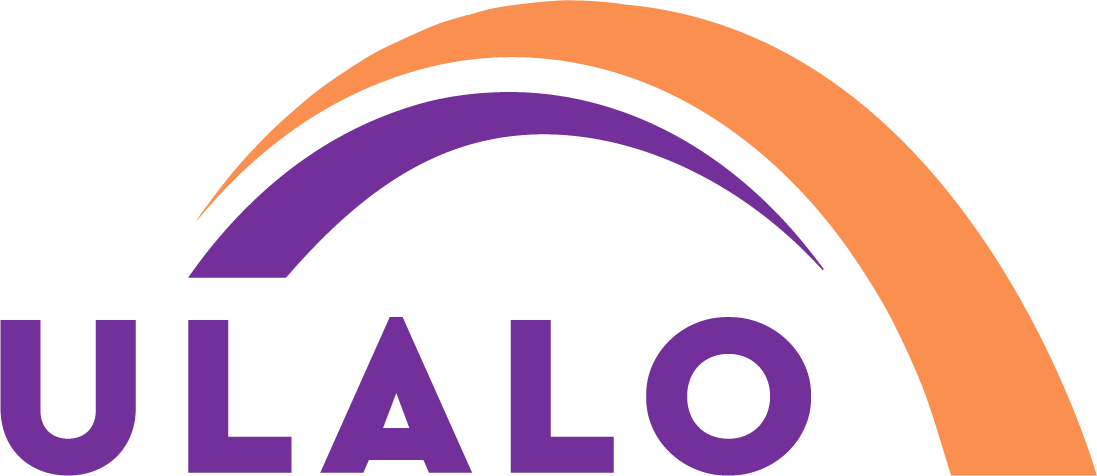Improving Access to ICT Program in Malawi
In a series of #Knowwhatwedo, we share with you what the Centre for Youth and Development does, why we do what we do, how we do it and what we have been able to achieve. In this blog we share with you the Improving Access to ICT program we are implementing in partnership with the Turing Trust.
Computer Lab at Ludzi Girls Secondary School
Access to Education in Malawi, especially in rural communities is faced with multiple barriers, lack of and inadequate infrastructure, shortage of educational materials, high pupil to teacher ratio, and a lack of qualified teachers to cover all subjects, with gaps in maths and science subjects. For instance, even though the Government recommended class size for secondary school is 50, most schools due to limited infrastructure and growing number of incoming students, end up with a class size of 80 and in some cases up to 100, affecting the quality of teaching. Centre for Youth and Development believes computers can help close the gap. They have the potential to address challenges of high student to teacher’s ratio, high student to text book ratio by promoting access to digitised Open Educational Resources (OER).
Computer studies was introduced as an examinable subject in the Malawian Secondary School curriculum in the year 2005. The rationale for the introduction was that in today’s world, technology has become part and parcel of our lives and that it is important that students graduate from secondary school knowing how to operate computers as they are vital skills for higher education and the workforce. Unfortunately, computer studies subject is yet to be implemented in earnest in secondary schools in Malawi with only 3% of Malawian students able to access a computer at school in 2015.
Access to digital technology is much harder in rural areas and those without digital literacy are unable to take advantage of the benefits modern technology is bringing to the world. Critically for young people digital skills open up career opportunities and make university more accessible.
Technical Lead providing instructions on accessing offline Educational Resources
We are committed to bringing equal digital opportunity to students and young people across the country. We work to supply computers to provide digital offline learning in secondary schools to improve learning for students. This enables students and teachers to access high quality, relevant, offline content, tools and resources that compliment and work hand-in-hand with the Malawian curriculum already being taught in the schools. Our in the program, focuses on:
Creating IT labs in schools with donated IT equipment. Each school receives a minimum of 20 PCs and a maximum of 50 PCs which are loaded with our offline e-library software.
Supplying IT maintenance services for all schools that have signed up to participate in the programme and we continually monitor and support schools to ensure their equipment is fully functioning.
Providing training for teachers on how to use e-learning resources in lessons, PC maintenance and troubleshooting, and how to get the most from the offline resources we provide through our e-library.
Setting up coding clubs to develop students’ digital skills training and mentorship to build basic computer skills, idea generation and coding skills.
Computer under maintenance
One of the most important parts of our work is the maintenance service we provide to schools. For each school we work with we agree to provide them with a maintenance service that works a bit like an agreement to lease a computer. This runs from year to year and is designed to be easily affordable for schools. This service is pivotal for a number of reasons:
Encourages local buy-in, assuring that the schools and communities adopts our work and invest time in making the most of the Computers.
Removes the huge upfront cost to schools to buy Computers. Even second-hand Computers are out of reach for most schools. Signing up to our maintenance service means that the cost is spread across a few years and throughout this period the school receives support from our team.
Throughout this period, we also provide schools with training on IT resources and computer maintenance which builds their capacity to provide and develop IT solutions that best meet their specific needs.
Provide training to teachers on how to engage with digital technology in the classroom. This makes teaching easier and helps students build their digital skills outside of computer studies classes.
Since inception in 2016, we’ve installed 123 computer labs in 103 Secondary schools, 15 Primary schools and 5 University campuses contributing to improved long-term education outcomes for over 81,000 students. Our work has also supported 8 NGOs, with equipment to support their operations.
Elness learnt Computer Studies at one of the partner schools we supported with computers. In this interview, she tells us about her experiences and what learning IT skills has meant to her.
Since we started, some of our partner schools have had computers for more than four years and we have begun to see some positive longer term educational outcomes including:
improved exam results
increased female participation in IT
increased numbers of students from our partner schools achieving a place in public universities in Malawi and our partner schools reporting seeing 20% more of their students attending university.
IT skills have also demonstrated an economic impact too. On average those with IT skills are able to increase their incomes by 39% through employment and self-employment.
Everyone is welcome to make a contribution to the program by funding, donating equipment and volunteering to the program.
References



